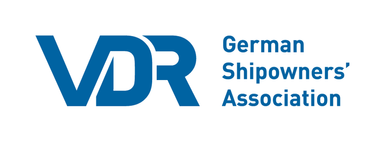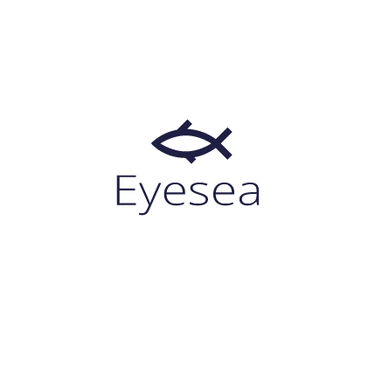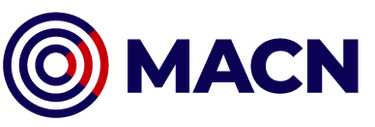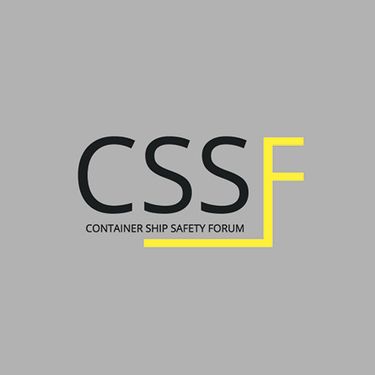Memberships and Initiatives
MPCC is, either directly or via third-party ship managers, engaged in partnerships that support our objectives on ESG. These include the following:

Mærsk Mc-Kinney Møller Center for Zero Carbon Shipping (MMMCZCS)
MPCC is a mission ambassador and a project partner to the MMMCZCS, an independent research and development center seeking to accelerate the transition toward a net zero future for our industry. In April 2022, MPCC provided concrete support by seconding an employee to the Center in Copenhagen, who is currently participating in the Industry Transition Strategy Project. MPCC and our partner companies at MPC Group are committed to provide further support to the Center by using our broad network and expertise in commercial and technical management, renewable energy, and synthetic fuels to foster the necessary transition of the maritime industry.

Getting to Zero Coalition
The Getting to Zero Coalition is committed to obtaining commercially viable deep-sea vessels powered by zero emission fuels by 2030. In 2021, MPCC signed the Getting to Zero Coalition’s Call to Action, urging governments to work with the industry to deliver policies and investments needed to decarbonize global supply chains and the global economy.
https://www.globalmaritimeforum.org/getting-to-zero-coalition

Clean Shipping Alliance
The Clean Shipping Alliance seeks to provide information and research data to inform industry stakeholders on the environmental performance and benefits of open- and closed-loop Exhaust Gas Cleaning Systems (EGCS) and associated air and water emissions. The Alliance also serves as an advocate for companies working to reduce marine exhaust gas emissions.

VDR German Shipowners’ Association
MPCC is, through its vessels, a member of the German Shipowners’ Association (VDR). The VDR aims to facilitate uniform management of interests and represents German maritime shipping companies on a global scale. Executives of MPCC and its service providers from the MPC Group are represented in several working groups and commissions.

Eyesea
MPCC and its CEO are founding members and ambassadors of Eyesea, a non-profit organization set up to map and report global pollution and maritime hazards. Version 2 of the Eyesea app was launched in late 2023 and the app is available on Google Play and in the Apple App Store. MPCC encourages use of the app and the recording of ocean, coastal, waterway, and urban pollution, to effectively highlight areas in need of clean-up.
In 2023, Eyesea began development of a pollution management platform, which will allow area administrators to receive real time pollution reports and alerts in a geofenced area. The system will allow for direct communication with community groups and app users to organize clean-up operations and pollution event responses.
MPCC has provided extra funding and support for our partnership in Vasai, India, which has resulted in:
- 70 clean-up operations over 2022-2023.
- The provision of PPE, water, tools, and cleaning materials to 3,938 volunteers.
- Over 46,500 kg of plastic and pollution removed.
- 2,981 kgs of recyclable plastics collected from households in Papdy, Merces, Remedy.
- Regular presentations to schools and community groups.

Maritime Anti-Corruption Network
MPCC is a member of the Marine Anti-Corruption Network (MACN) – a global business network working towards its vision for a maritime industry free of corruption that enables fair trade to the benefit of society at large.

The Container Ship Safety Forum (CSSF)
CSSF is a global business-to-business network that improves safety performance and management practices in the container shipping industry. MPCC’s primary technical manager, Wilhelmsen Ahrenkiel Ship Management, is a CSSF member and works together with other industry actors to continuously improve the safety culture and performance in the container shipping industry through measurement, reporting and benchmarking, sharing best practices and engaging with key stakeholders.

The Silk Alliance
MPCC joined the Silk Alliance in 2023, a program focusing on creating and implementing a green corridor roadmap based around a decarbonization plan for a fleet that predominantly operates and refuels in Singapore, which includes different vessel types trading across multiple ports from the Pacific Islands, Southeast Asia, North Asia to East Africa. The Silk Alliance seeks to expand to a wider demand sector and grow to include other ship types, fuel producers and governments. This allows refinement and deployment of the First Mover Framework to generate data to which decisions can be made, including the scope and timing of green corridors. The initiative will allow the fuel supply and fleet sides to overcome the chicken-or-egg dilemma in generating demand for low-to-zero carbon fuels.